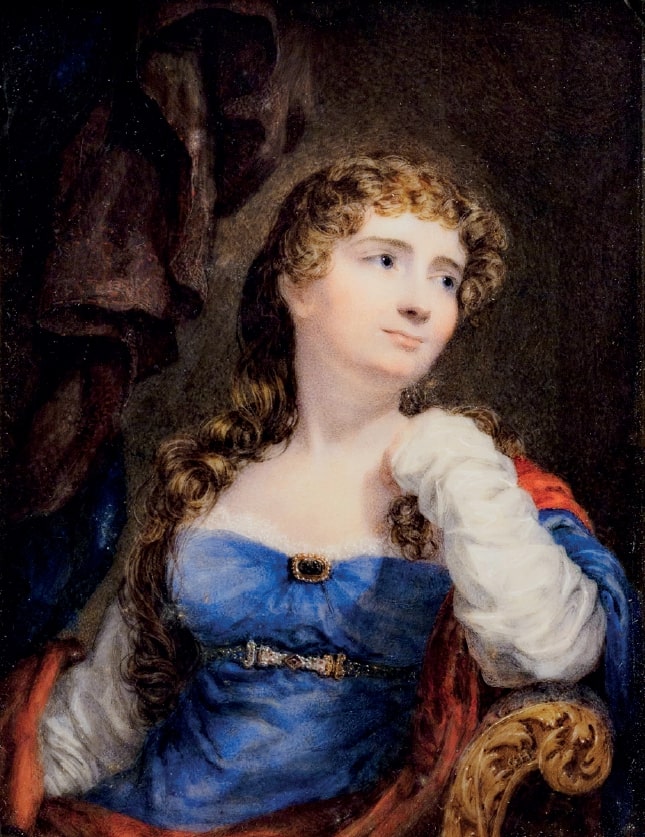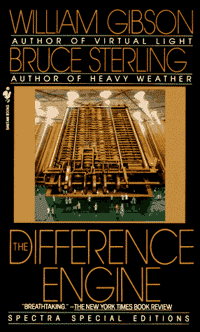So, I've got a text file about *yea* long full of half-cocked ramblings on Difference Engine topics various and sundry. I'm getting far too involved in the political maneuverings and double-dealings, as explained in the Fifth Iteration and the Modus -- plus I've startled delving into the reimagined personalities, such as the poets-gone-revolutionaries and the politicians who *would've* been in power had the Rad Lords not taken over. There's really nowhere to start but from the top, here, so let's talk Byron.

With thanks again to Bartlett's Familiar Quotations, I managed to snag a few Byron quotes from some of his major works. While I'd by no means say Byron was a political poet, it's about as possible as it is with any prose-writer that his words could be taken as incendiary mottos. From Childe Harold's Pilgrimage:
And from The Corsair:
(Plus, he wrote a poem about Keats after his death! As did Shelley!)
Byron was, in fact, involved in politics, for a very short and tumultuous time. In particular, he defended the Luddite movement in Britain and was pretty rough on good ol' Wellington. While definitely a man of the people, Byron isn't such a fan of machine-labour. I guess we have the Iron Lady's influence to thank for that rewrite. It seems safe enough to assume that, had Byron not died, his budding political fervor would have carried him back into the House in '24.
With thanks again to Bartlett's Familiar Quotations, I managed to snag a few Byron quotes from some of his major works. While I'd by no means say Byron was a political poet, it's about as possible as it is with any prose-writer that his words could be taken as incendiary mottos. From Childe Harold's Pilgrimage:
"Who would be free themselves must strike the first blow."
"He who ascends to mountaintops shall find
The loftiest peaks most wrapt in clouds and snow;
He who surpasses or subdues mankind
Must look down on the hate of those below."
"Yet, Freedom! yet thy banner, torn, but flying,
Streams like the thunderstorm against the wind."
And from The Corsair:
"Such hath it been - shall be - beneath the sun
The many still must labour for the one."
(Plus, he wrote a poem about Keats after his death! As did Shelley!)
The issue created in the Modus is of Anne Milbanke, the Iron Lady, not only staying with him after Ada's birth in '16 but actively encouraging him -- then using his power for her own ends. This strategy on the part of the authors was advisable, as not much in the way of historical biography exists to refute the possibility. This insinuation of the Iron Lady as the catalyst for Ada's and Babbage's passions, as as driving force bigger than characters like Byron, Wellington, Shelley, and Disraeli -- well, it's a powerful one for me.

What we do know about Lady Byron is that she held her own political views, including abolishing slavery, and was quite outspoken about them. She was also an excellent student, especially in mathematics. I don't want to run too far into Ada territory on this one, so suffice it to say I'm a huge fan of the Iron Lady coup in the Modus. It's the sort of clever spin you wish hadn't come so goshdarn late in the storyline.



